UK tycoon to appeal over EU referendum
Tycoon Stuart Wheeler says he has "high hopes" of winning an appeal against a UK High Court decision to oppose his bid for a referendum on the Lisbon Treaty.
Wednesday, 25.06.2008.
15:36

Tycoon Stuart Wheeler says he has "high hopes" of winning an appeal against a UK High Court decision to oppose his bid for a referendum on the Lisbon Treaty. Two judges rejected the millionaire's claim that there was a "legitimate expectation" of a public vote. UK tycoon to appeal over EU referendum The expectation arose after Labour's 2005 manifesto promised a referendum on the failed EU Constitution, he said. Europe Minister Jim Murphy said he was pleased the judges "have come down very clearly on the side of the government". The judicial review application was dismissed by Lord Justice Richards and Justice Mackay at the High Court. They said: "We have found nothing in the claimant's case to cast doubt on the lawfulness of ratifying the Lisbon Treaty without a referendum." The court refused to grant the spread betting tycoon permission to appeal on the grounds of the "serious legal, constitutional and public interest issues arising in the case". But outside Wheeler, 73, said he would ask the Court of Appeal to hear his case. He thanked the public for their "fantastic" support during his campaign and insisted: "We lost today but this was only the second round. "I have instructed my lawyers to apply to the Court of Appeal. I have high hopes of winning on an appeal." Wheeler, who raised more than £30mn from spread-betting firm IG Index, was given tens of thousands of pounds in donations, in addition to his own fortune, to fight the case. Prime Minister Gordon Brown says the EU's reform treaty does not have the constitutional implications to merit a referendum. Parliament has effectively ratified the treaty after a bill bringing it into UK law was given Royal Assent last week. Murphy welcomed the judgment, stressing: "The judges have confirmed the government's position that the Lisbon Treaty differs in both form and substance from the defunct constitution. "With Parliament's approval, the government is proceeding to ratify the Lisbon Treaty, which is in our national interest and is a good treaty for the UK." The Lisbon Treaty aims to streamline the decision making of an enlarged European Union, but critics say it will transfer more power to unelected officials in Brussels. It includes removal of the national veto in more policy areas, a new president of the European Council and a strengthened foreign affairs post. It was drawn up to replace the EU Constitution, on which Labour had promised a referendum, but which was rejected by French and Dutch voters in 2005. Wheeler said the treaty was substantially the same as the constitution so the referendum pledge still stood. His counsel, Rabindher Singh QC, argued that a promise had given rise to "a procedural legitimate expectation that a referendum would be held in respect of that treaty - and by implication any treaty containing substantially similar terms, whatever its name". But Jonathan Sumption QC, appearing for the office of the prime minister, asked the court to reject Wheeler's case claiming it was "politics dressed up as law". The treaty is not technically ratified until the "instruments of ratification" are deposited in Rome by all 27 countries. The UK is not expected to do so until the middle of July. But the EU treaty's future is under question after it was rejected by a referendum in Ireland.
UK tycoon to appeal over EU referendum
The expectation arose after Labour's 2005 manifesto promised a referendum on the failed EU Constitution, he said.Europe Minister Jim Murphy said he was pleased the judges "have come down very clearly on the side of the government".
The judicial review application was dismissed by Lord Justice Richards and Justice Mackay at the High Court.
They said: "We have found nothing in the claimant's case to cast doubt on the lawfulness of ratifying the Lisbon Treaty without a referendum."
The court refused to grant the spread betting tycoon permission to appeal on the grounds of the "serious legal, constitutional and public interest issues arising in the case".
But outside Wheeler, 73, said he would ask the Court of Appeal to hear his case.
He thanked the public for their "fantastic" support during his campaign and insisted: "We lost today but this was only the second round.
"I have instructed my lawyers to apply to the Court of Appeal. I have high hopes of winning on an appeal."
Wheeler, who raised more than £30mn from spread-betting firm IG Index, was given tens of thousands of pounds in donations, in addition to his own fortune, to fight the case.
Prime Minister Gordon Brown says the EU's reform treaty does not have the constitutional implications to merit a referendum.
Parliament has effectively ratified the treaty after a bill bringing it into UK law was given Royal Assent last week.
Murphy welcomed the judgment, stressing: "The judges have confirmed the government's position that the Lisbon Treaty differs in both form and substance from the defunct constitution.
"With Parliament's approval, the government is proceeding to ratify the Lisbon Treaty, which is in our national interest and is a good treaty for the UK."
The Lisbon Treaty aims to streamline the decision making of an enlarged European Union, but critics say it will transfer more power to unelected officials in Brussels.
It includes removal of the national veto in more policy areas, a new president of the European Council and a strengthened foreign affairs post.
It was drawn up to replace the EU Constitution, on which Labour had promised a referendum, but which was rejected by French and Dutch voters in 2005.
Wheeler said the treaty was substantially the same as the constitution so the referendum pledge still stood.
His counsel, Rabindher Singh QC, argued that a promise had given rise to "a procedural legitimate expectation that a referendum would be held in respect of that treaty - and by implication any treaty containing substantially similar terms, whatever its name".
But Jonathan Sumption QC, appearing for the office of the prime minister, asked the court to reject Wheeler's case claiming it was "politics dressed up as law".
The treaty is not technically ratified until the "instruments of ratification" are deposited in Rome by all 27 countries. The UK is not expected to do so until the middle of July.
But the EU treaty's future is under question after it was rejected by a referendum in Ireland.










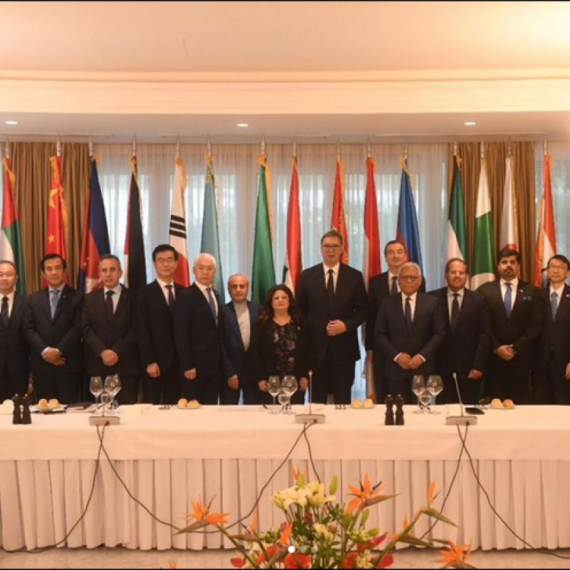







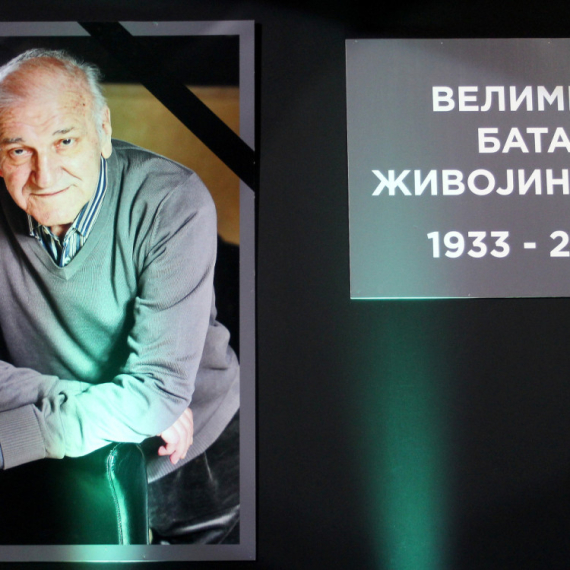
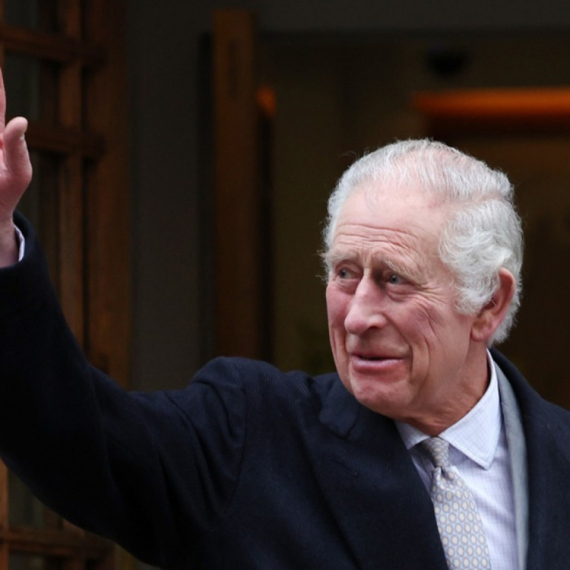














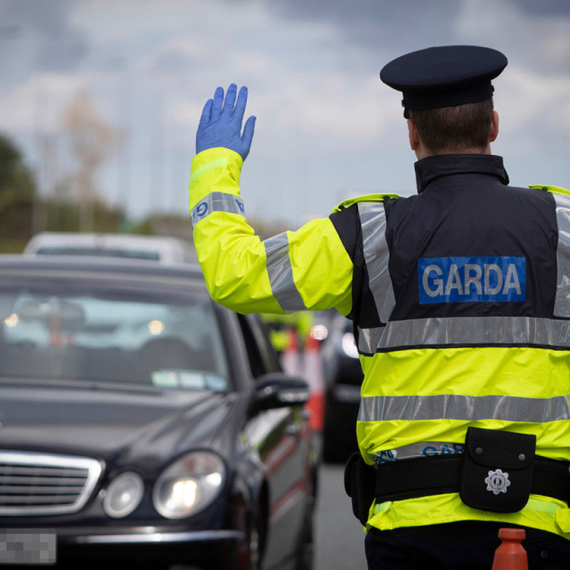




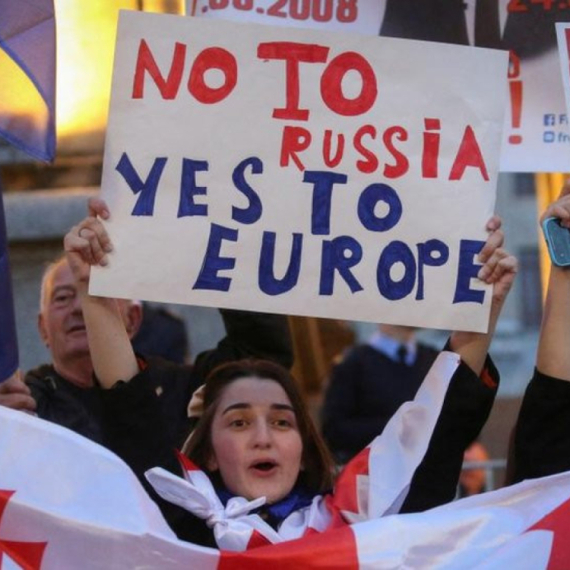



Komentari 1
Pogledaj komentare